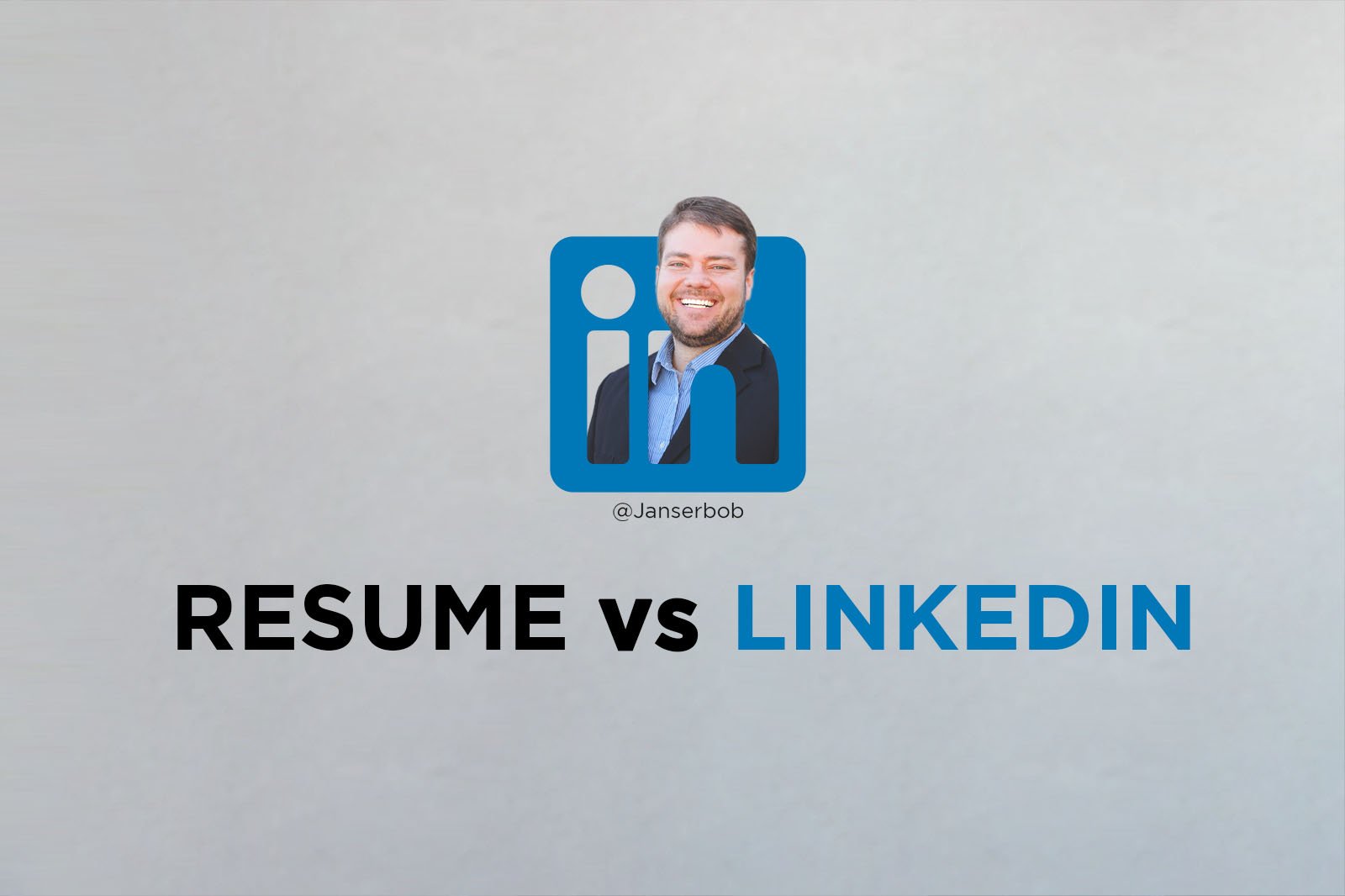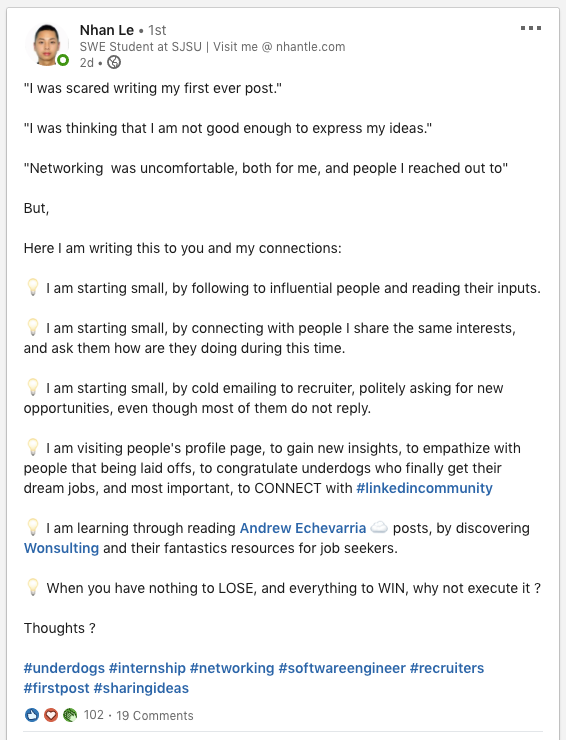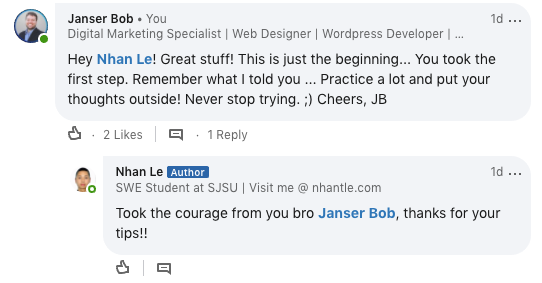If you read the news, you might find some articles saying that Canada needs people to work. And trust me, some people get excited with the news as a trigger to start their plans to come to study and work here.
Indeed, Canada has more job opportunities than other countries. Just as an example, before the pandemic, the unemployment rate in Canada was around 5% compared to Brazil, with 12%. It’s a big difference.
The problem is that Canada needs qualified professionals. People with skills in alignment with its labour market needs.
The big surprise comes when you realize that some of the most important skills required are not the ones you are thinking about. Nor are they related to a certification or a diploma.
After applying for some jobs and in numerous interactions with International students, I’ve identified the most critical requirements to make you succeed.
Here’s is what you must-have in your experience for the Canadian job market:
- Working with others
- Oral communication
- Administrative and organizational skills
Let’s dive into each one in more detail.
Working with others
Your capacity to work in teams is crucial to succeeding in Canada. In several recruitment processes, you will be asked to show examples in your career that indicate your collaboration in projects involving teams.
Listening skills, your capacity to communicating to different audiences, and giving and receiving criticism more effectively are some of the factors analyzed.
Other habilities are important too, such as your capacity to setting up and running groups, building rapport with others, and resilience are expected.

Oral communication
Your oral communication is more important than you can imagine succeeding in Canada. But English fluency is not the only factor you should pay attention to it.
As immigrants, along the time, speaking fluency is developed. It comes from the daily practice down the road in every single interaction you have.
Oral communication includes other essential components, such as your presentation skills, indicating your capacity to communicate with others and express your ideas.
Pro tip:
-
-
- Before any presentation or meeting, organize your ideas into topics.
- Get prepared ahead about what you will say and share with others.
- If you are going to a meeting and you know the topic, prepare one or two questions in advance to position yourself in the discussion.
-
Even without the best English speaking in the world, showing up with active participation is very appreciated.
Administrative and organizational skills
Who likes to work with someone disorganized? Nobody, right?
Showing up on time and being proactive on top of the daily priorities will separate you from ordinary colleagues.
Your capacity to plan, organize schedules, identify future roadblocks, risks, and alternative solutions are required in every kind of position as an implicit expectation.
Invest extra time to map out the next steps of the project you’re involved with, even though you aren’t directly responsible for it. Your attitude dealing with what is about to come will be observed, helping you build your reputation and credibility as a professional.
Pro tip: Visually demonstrate that you are organized. Resources such as planners and checklists are great to guide your day and show that you control your initiatives. Companies are looking for people that know how to prioritize and make decisions when required.

One more thing…
Stay tuned to the top soft skills for 2021
According to Mckinsey & Company the top areas of missing soft skills in-demand for current candidates include:
- Problem solving
- Critical thinking
- Innovation
- Creativity
- Ability to deal with complexity and ambiguity
- Communication
These skills seem to be connected to LinkedIn’s annual launch of the Global Talent Trend 2019 report. More than that, as great references in the human resources market such as The Ladders, say the soft skills you need for 2021 include:
- Active listening
- Adaptability
- Communication
- Emotional intelligence
- Innovation
- Teamwork
- Work ethic
Finally, I would highlight the two main ones from my point of view:
- Creativity
- Adaptability
As I mentioned, these are two extremely important skills that companies want in post-pandemic candidates.
But that’s a subject for an upcoming article. See you soon. 😉















